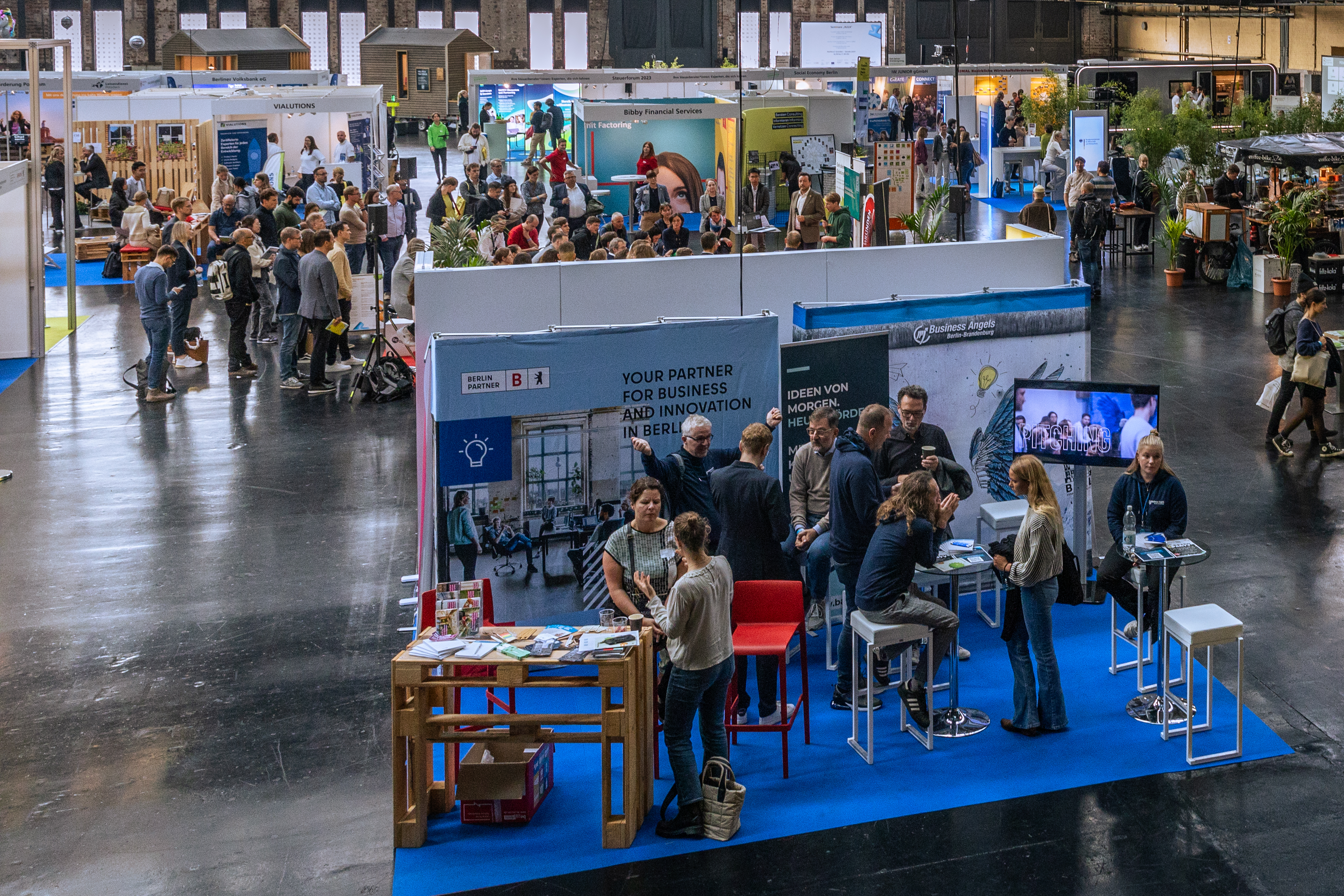This Start-up Strategy includes around 130 measures, ranging from new funding programs and advisory services to new laws.
The 10 Action Areas of the Start-up Strategy
- Strengthening financing for start-ups
The Federal Government aims to significantly expand financing options for start-ups and thereby strengthen start-ups in various funding phases. - Making it easier for start-ups to attract talent – Making employee stock options more attractive
The Federal Government wants to help start-ups attract qualified employees to work in their companies. After all, the shortage of skilled workers is a key obstacle to business operations for start-ups as well. - Igniting entrepreneurial spirit – Making it easier and more digital to start a business
The Federal Government aims to help people discover their entrepreneurial spirit and have the courage to follow through with it. It should become easier and faster to start a company in Germany. - Strengthening female founders and diversity in start-ups
The Federal Government wants to make the start-up ecosystem more diverse. In particular, the proportion of female founders and female investors should increase, as well as the proportion of founders with an immigrant background. - Facilitating spin-offs from research institutions
The Federal Government wants more start-ups to be spun off from universities and research institutions. - Improving conditions for mission-driven start-ups
The Federal Government aims to improve the conditions for companies whose business activities pursue social or ecological goals. The goal is to better leverage the potential of young companies to solve societal problems through entrepreneurial means. - Mobilizing start-up expertise for public procurement
The Federal Government wants start-ups with innovative solutions to receive public contracts far more frequently than before. This strengthens demand for start-ups' offerings and increases the efficiency and innovation of public administration. - Facilitating start-ups' access to data
The Federal Government wants to provide start-ups with easier and legally secure access to a sufficient quantity of high-quality data. In addition, incentives for sharing used data will be enhanced. - Strengthening real-world laboratories – Easing access for start-ups
The Federal Government plans to create legal leeway for innovative technologies or business models to be tested in real-world environments, which might otherwise face legal restrictions. - Placing start-ups at the center
The Federal Government aims to enhance the networking of start-ups with all relevant stakeholders. To this end, start-ups will be placed even more centrally in its activities, for example, in areas such as energy, artificial intelligence, and cybersecurity.
Second Progress Report Draws a Conclusion
What has been implemented so far from this extensive program can be found in the second progress report on the Federal Government's Start-up Strategy. It describes the implementation status in the individual action areas and provides detailed insights on various points.
“I am convinced that our efforts to implement the start-up strategy are already bearing fruit, and a fresh spirit of entrepreneurship is sweeping through our country. We are already seeing an increase in start-ups. In the first half of 2024, 15 percent more start-ups were founded compared to the previous half-year. I hope the start-up scene continues with this spirit. Founding a company always means daring to take a step toward renewal—and we all know: Those who dare, win!” — Robert Habeck, Federal Minister for Economic Affairs and Climate Action
According to the Federal Government’s assessment, about 80% of the planned tasks have already been fully implemented, with around 17% in concrete, substantial preparation stages for implementation.
Some examples of implementation progress
There have been particular advances in the area of financing: The Growth Fund Germany, with a volume of one billion euros, is one of the largest venture capital funds in Europe. Since June of this year, the High-Tech Start-up Fund Opportunity has also been providing additional growth capital.
The flagship competition “Startup Factories” has gained momentum: To help ideas from universities more easily become business ideas, the BMWK is currently supporting selected projects in the development of detailed concepts.
The de:hub initiative will expand to ten additional locations, so that there will be a total of 25 hubs across all federal states (see also our article “Rostock and Greifswald to Become Joint Location for GreenTech” from 18 August 2024).
Around 1.5 billion euros in funding were provided in 2023 for sustainable start-ups in the ClimateTech, GreenTech, and CleanTech sectors.



